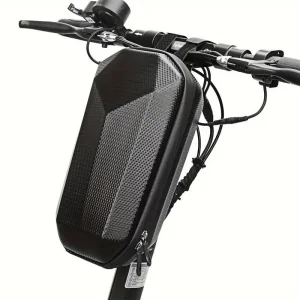In an era when environmental awareness is paramount, electric scooters are emerging as key players in sustainable mobility. As well as being emission-free, these electric vehicles play a crucial role in recycling materials and reducing waste. Find out how electric scooters are helping to create a greener future through their innovative recycling practices.
Material recycling:
Electric scooters are made from recyclable materials such as aluminium, steel and plastic. At the end of their life cycle, these materials can be recovered and transformed into new raw materials, reducing dependence on natural resources and waste production.
Recycling programmes:
Many brands of electric scooters offer recycling programmes for their used products. These programmes allow users to return their old scooters to be dismantled and recycled in a responsible manner, preventing them from ending up in landfill sites.
Circular Economy:
By promoting the circular economy, electric scooters help to reduce their overall environmental footprint. By recovering and recycling materials, these electric vehicles extend their lifespan and reduce the need to produce new products from virgin raw materials.
Raising environmental awareness:
Recycling programmes for electric scooters also raise users' awareness of the importance of recycling and waste management. By encouraging responsible recycling practices, these programmes help to promote a more sustainable and environmentally-friendly lifestyle.
Conclusion:
Electric scooters not only offer an environmentally-friendly mobility alternative, they are also committed to recycling and waste reduction. Thanks to their innovative recycling practices, these electric vehicles are helping to create a cleaner, more sustainable future for everyone.






